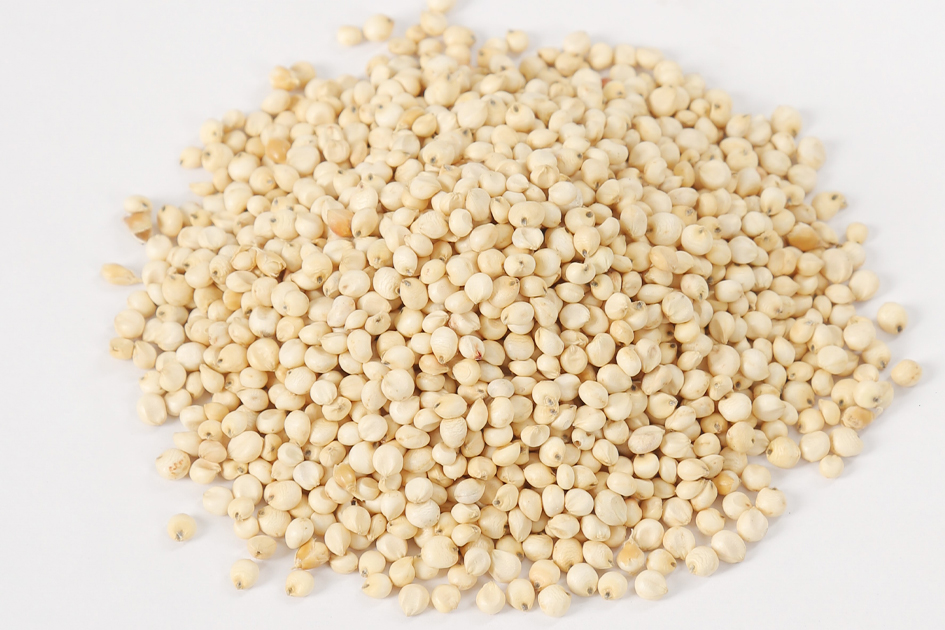الذرة العويجة The cowpea corn
The cowpea corn is a type of plant that belongs to the “Poaceae” family and is considered one of the important agricultural crops in many countries around the world. This type of corn is distinguished by its ability to grow in various environments, making it one of the primary crops relied upon for nutrition and in many food industries. It can be grown in diverse climatic conditions, but it thrives in fertile clay soils that provide sufficient moisture.
Characteristics of Cowpea Corn
Cowpea corn is characterized by several features that distinguish it from other types of corn:
Size and Shape: The grains of cowpea corn are smaller in size compared to some other types of corn, and they are usually translucent white or yellow in color.
Nutritional Value: Cowpea corn is a good source of energy as it contains a high percentage of starch that provides energy to the body. It also contains proteins, dietary fibers, as well as essential minerals and vitamins like B and E vitamins.
Drought Resistance: Cowpea corn is known for its resistance to drought and high temperatures, making it suitable for cultivation in areas that suffer from water scarcity or high temperatures.
Agricultural Yield: Cowpea corn produces a large amount of grain compared to many other crops, making it a profitable commercial crop.
Uses of Cowpea Corn
Cowpea corn is used in various industries and applications, and some of the most prominent uses include:
Human Food: The grains of cowpea corn can be ground to make cornmeal, which is used in various baked goods such as bread and pastries, as well as for making porridge or “basissa.”
Bioenergy: In some countries, cowpea corn is used for biofuel production, where its grains are converted into ethanol, an alternative and sustainable energy source.
Animal Feed: Cowpea corn is used as a primary source of animal feed, as it is rich in carbohydrates, contributing to improving livestock health.
Food Industries: It is used in the production of ready-to-eat foods, pasta, and the oil is extracted for cooking purposes.
Importance of Cowpea Corn in Agriculture and the Economy
Cowpea corn is one of the economically significant crops in many developing countries, as it is a primary food source. Its cultivation also represents a major source of income for farmers, as it provides a high economic return. Additionally, cowpea corn offers job opportunities in the feed manufacturing industry and opens new markets for both domestic and international trade.
Challenges Facing Cowpea Corn Cultivation
Despite its many benefits, the cultivation of cowpea corn faces some challenges that may affect its productivity and quality, such as:
Climate Change: Harsh climatic conditions, such as droughts or floods, may significantly affect the crop’s growth.
Diseases and Pests: Cowpea corn may occasionally be affected by various diseases and agricultural pests, such as corn worms or plant fungi.
Soil Conditions: Cowpea corn prefers fertile soil, and if the soil is unsuitable, the final yield may be affected.

